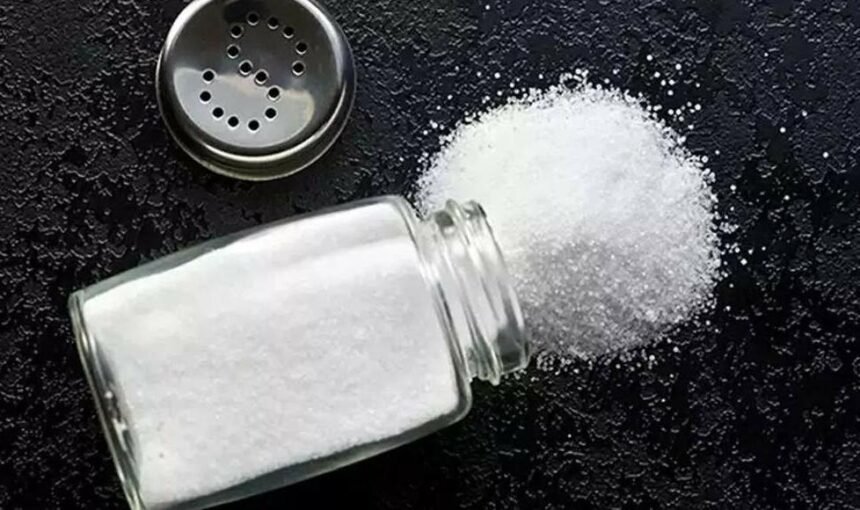India has launched an anti-dumping investigation into the import of sodium cyanide from China, the European Union, Japan, and Korea, following a complaint by domestic companies Hindusthan Chemical Company and United Phosphorous Ltd. Sodium cyanide is used for the extraction of gold and silver, insecticides, dyes, pigments, and bulk drugs. The Directorate General of Trade Remedies (DGTR) will examine whether domestic industries have been harmed by an increase in cheap imports and, if so, will recommend the imposition of anti-dumping duty on the imports. The finance ministry will make the final decision on whether to impose duties. The World Trade Organization (WTO) allows member countries to impose anti-dumping duties to counteract the negative effects of dumped imports on their domestic industries. Dumping refers to the practice of exporting a product to another country at a price lower than its normal value in the exporting country, which can harm domestic producers in the importing country by making it difficult for them to compete. The imposition of anti-dumping duties helps to level the playing field for domestic producers and prevent unfair trade practices. The finance ministry of the importing country is responsible for making the final decision on whether to impose anti-dumping duties.
The Directorate General of Trade Remedies (DGTR) initiates an anti-dumping investigation after receiving an application from domestic players alleging that their industry has been harmed due to dumped imports. The DGTR examines the application and the supporting evidence to determine whether there is sufficient prima facie evidence of dumping and resulting injury to the domestic industry. If the evidence is found to be satisfactory, the DGTR initiates an anti-dumping investigation.





